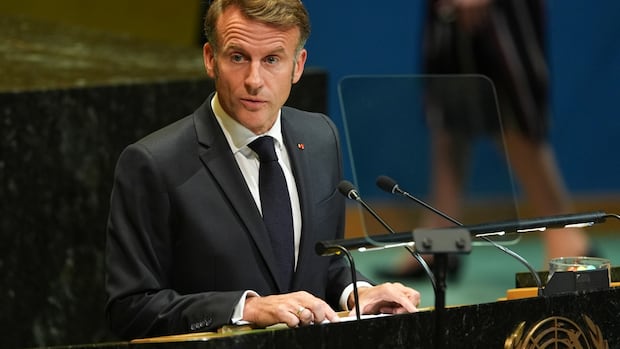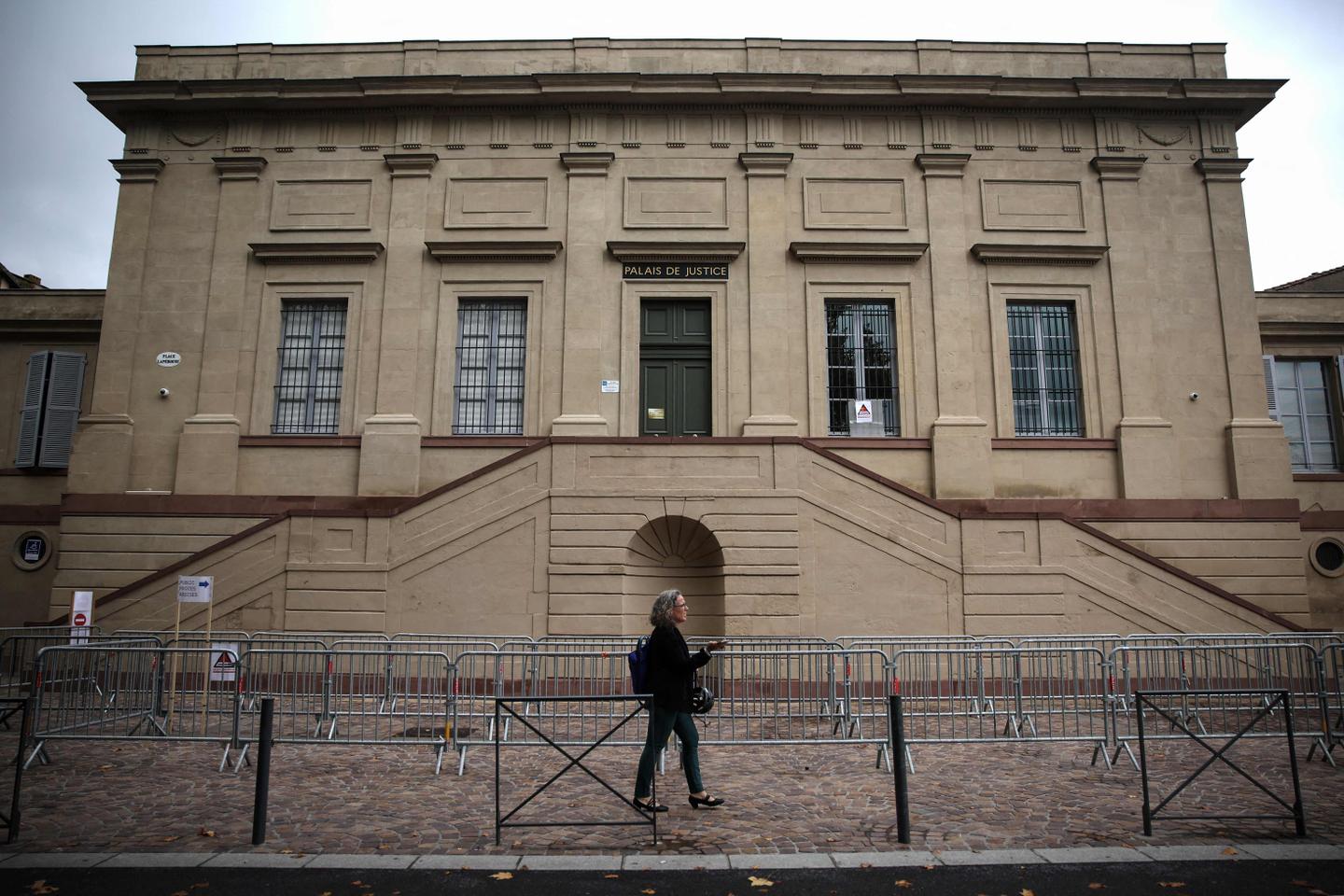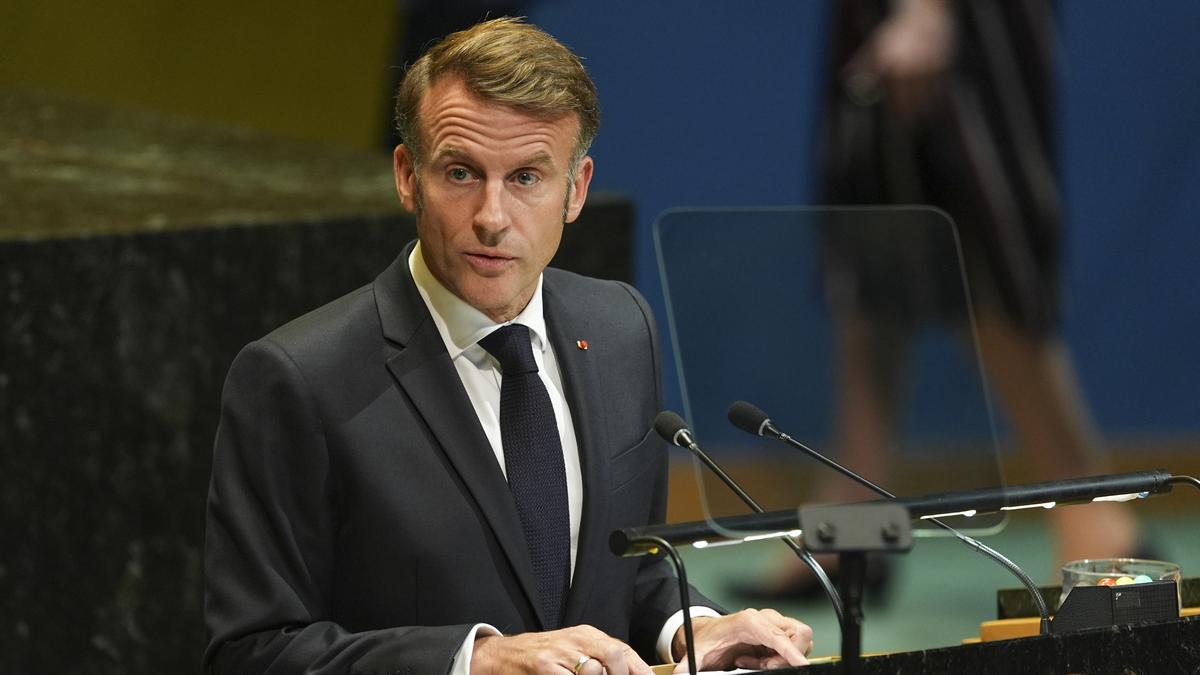Growing International Recognition for a Palestinian State
In recent weeks, a growing number of nations have formally recognized a Palestinian state, intensifying the global debate surrounding the Israeli-Palestinian conflict. This move, aimed at fostering peace and addressing the humanitarian crisis in Gaza, has been met with mixed reactions from international leaders.
Nations Recognizing Palestine
Several countries have recently declared their recognition of a Palestinian state. This includes France, following the lead of the United Kingdom, Canada, and Australia. Other nations joining this effort are Belgium, Luxembourg, Malta, Andorra, and Portugal. These recognitions bring the total to over 150 of the 193 United Nations member states that now recognize Palestinian statehood, many having done so decades ago.
- France: Officially recognized a Palestinian state, joining a growing international movement.
- United Kingdom: Raised the Palestinian flag outside the Palestine Mission in London.
- Other European Nations: Including Belgium, Luxembourg, Malta, Andorra, and Portugal have also recognized Palestine.
Reactions and Opposition
The recognition of a Palestinian state has sparked controversy. Israeli Prime Minister Benjamin Netanyahu's government strongly opposes the move, arguing that it rewards Hamas, the militant group controlling parts of Gaza. Netanyahu has even hinted at potential unilateral actions, such as annexing parts of the West Bank, further complicating the prospect of a viable Palestinian state. The United States, along with other Western powers, maintains that Palestinian statehood should be part of a comprehensive agreement resolving the ongoing conflict.
Israeli prime minister Benjamin Netanyahu said the move by a growing number of countries was "absurd" and "simply a reward for terrorism".
International Perspectives and the Two-State Solution
Despite the controversy, the two-state solution, envisioning a State of Palestine alongside Israel in the West Bank, Gaza Strip, and East Jerusalem, remains the widely accepted path to resolving the conflict. The United Nations sees these recognitions as potentially injecting new momentum into efforts to establish a roadmap toward two states. However, the US and Israel remain resistant to immediate recognition outside of a negotiated settlement.
Divergent Views within Europe and the G20
Europe is notably divided on the issue. While some European Union members, like Sweden, Slovenia, Ireland, and Spain have recognized Palestine, others, including Germany and Italy, remain hesitant. Among the G20 nations, a significant number, including China, India, and Saudi Arabia, already recognize Palestine. However, influential members like the US, Japan, and Germany have not taken this step.
What Recognition Means
Under the Montevideo Convention of 1933, state recognition involves meeting criteria such as having a permanent population, defined territory, effective government, and international relations capabilities. While the legal impact of recognition is debated, it symbolically strengthens Palestine's position as a political stakeholder.
Palestinian Perspective
Despite the diplomatic efforts, some Palestinians remain skeptical. For some, recognition feels like a symbolic gesture that might not translate to tangible changes on the ground. They hope that diplomatic efforts lead to something positive, but remain cautious.
| Country/Entity | Recognition Status |
|---|---|
| France | Recognizes Palestinian State |
| United Kingdom | Recognizes Palestinian State |
| United States | Does Not Recognize Palestinian State |
| Germany | Does Not Recognize Palestinian State |
| United Nations | Non-member observer state |
| European Union | Divided; Some members recognize |
 Visit the website
Visit the website






